
APPLY: 2022 JTF Spiritual Yearning Research Initiative Grants
The John Templeton Foundation (JTF) is inviting Online Funding Inquiry (OFI) submissions for the $2.2M Spiritual Yearning Research Initiative (SYRI), which aims at addressing the spiritual yearnings, existential concerns, and search for meaning of spiritually curious but nonreligious individuals and communities.
SYRI’s overarching Big Question is: How can those who experience a deep yearning for a meaningful spiritual life, but find traditional religion unsatisfying, fulfill that yearning?
This question involves empirical, conceptual, and normative dimensions, calling for an approach that is cross-disciplinary in nature. The Foundation’s aim in this funding competition is to arrive at a better understanding of spiritual yearning and flourishing among the spiritually curious but nonreligious, by supporting research by scholars within philosophy, theology, religious studies, and the psychological sciences.
SUMMARY Host: The John Templeton Foundation (JTF) Tagged: Grants Eligibility: Individuals and Organizations Reward: $2,200,000 in grants Deadline: August 19, 2022
Funding Details:
SYRI’s purpose is to support science-engaged theological scholarship of this kind on the experiences, yearnings, and possibilities for spiritual flourishing of those who either do not find themselves at home within traditional religious communities or do not find the belief systems of traditional religions compelling. Such people may describe themselves as “religious Nones,” “spiritual but not religious,” agnostic, or something else altogether.
Regardless of the particular label such individuals might use to describe their spiritual orientations, the Foundation is here primarily interested in the phenomenon of spiritual yearning among the nonreligious, as opposed to those who are either uninterested in questions of existential or ultimate concern, or are otherwise unbothered by spiritual matters.
Thematic Scope
The current funding competition focuses on the two broad themes of spiritual yearning and meaning-making for the nonreligious, with each of these themes covering a number of possible empirical and conceptual research questions. We invite proposals that make use of a variety of research methods, including but not limited to qualitative research, theory-construction, conceptual clarification, surveys, experimental research, and normative argument.
While we anticipate funding at least one project consisting primarily or exclusively of new empirical research (i.e., data collection, data analysis, and/or experimental work), the majority of the successful proposals will include conceptual or cross-disciplinary dimensions.
The following questions illustrate (but do not exhaust) the thematic scope of this Funding Competition:
The Nature of Spiritual Yearning: What kind of phenomenon is spiritual yearning? How can it be operationalized and measured? What do the spiritually yearning nonreligious describe as the object of their yearning? What are the differences between spiritual longing, spiritual questing, and spiritual curiosity?
Is spiritual yearning a persisting phenomenon, or does it tend towards resolution or dissolution? How should they understand the role of spiritual struggles in meaning-making and spirituality among the nonreligious? To the degree that nonreligious individuals experience or report a lack of spiritual meaning, what is it they report lacking (e.g., community, ritual, grounds for morality, sacred spaces)?
The Value of Spiritual Yearning: Is it good or bad to experience spiritual yearning? How should such experiences be assessed? Does spiritual yearning present a problem to be solved, or rather an experience that is in some way important for human flourishing? What are good and bad ways to address one’s spiritual yearning?
The Potential Causes and Effects of Spiritual Yearning: Are there differences between people for whom spiritual yearning contributes to flourishing and those for whom it contributes to comparatively poorer outcomes?
What are the differences between nonreligious individuals who experience spiritual longings and those who do not? Is there a difference between nonreligious people who approach existential or spiritual concerns with a growth mindset, and those who are more inclined toward a security-focused mindset? How might specific values or virtues such as hope mediate assessments of—or actions in relationship to—spiritual yearning?
How does spiritual yearning relate to a person’s well-being, happiness, or flourishing? How does it relate to the way a person conceives of spiritual realities or their own life’s meaning?
Addressing Spiritual Yearning: How might various theological or philosophical resources be made useful to spiritually yearning nonreligious people? How is spiritual yearning shaped by one’s past religious identity, practice, beliefs, and commitments? For example, how are ex-Christians, ex-Muslims, ex-Jews, ex-Buddhists, and ex-Hindus similar to and different from one another?
How and to what extent can people experience the benefits of traditional religion without holding traditional religious beliefs?
Spiritual Yearning in Practice: Which practices, experiences, and settings are most effective at facilitating meaningful spirituality among the nonreligious? Can ethical or moral commitments create or enhance spiritual meaning for the nonreligious? What is the role of community in meaning-making and spirituality among the nonreligious?
What contributes to meaningful spiritual communities among the nonreligious, and what challenges do such communities face? What role might various spiritual technologies (e.g., social media, intentional experiences of nature, psychedelics) play in the formation of meaningful spirituality among the nonreligious?
Funding Information
The Foundation will award up to $2,200,000 in grants in this competition, and they expect to fund between six and ten projects.
Project length may not exceed three years (or 33 months in the case of organizations that do not have US public charity status).
Eligibility Criteria
We welcome proposals from a wide range of organizations. We anticipate a significant majority of the awardees will have a 501(c)(3) nonprofit status or an equivalent nonprofit status recognized by a non-US government.
Please note that non-US organizations are subject to special constraints on their project’s design. Please read and consult the “Online Funding Inquiry Instructions and Notes” document for further details.
Deadline:
August 19, 2022


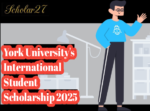




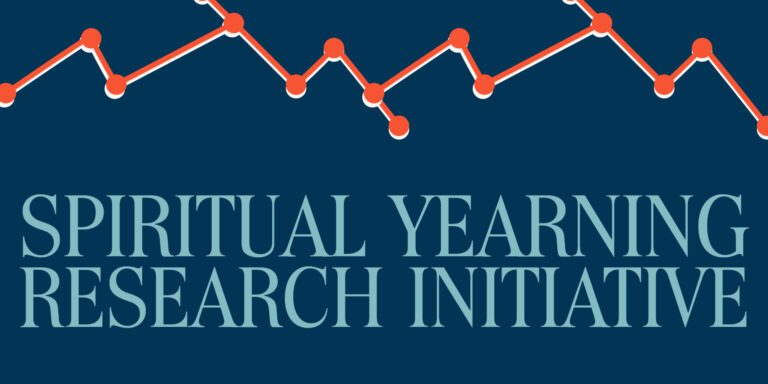



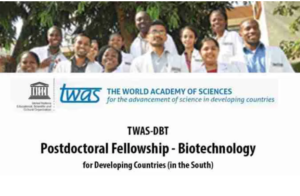

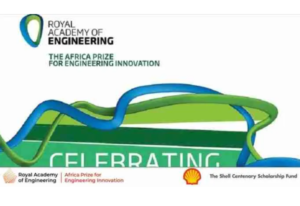

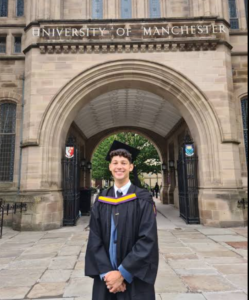

Post Comment